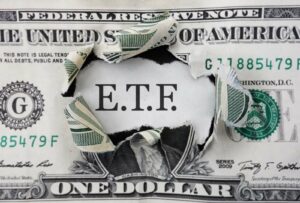I’m 20 years old and for as long as I can remember I’ve had a fascination with what a lot of other kids my age would call “grown-up problems” (i.e. politics, economics, and current events). When I discuss these topics, my peers often reply with “Why should I care?”
Still, I’m fascinated by the goings-on of the world around me. Yet, when I (inevitably) end up ranting about these topics, I’m often met with puzzled looks, eye rolls, or the very subtle but piercing expression of a face slowly drifting in attention away from what I’m saying and toward something far more interesting.
What I’ve found, from consuming news podcasts to starting political clubs, is that people can become engaged with these topics if you bring them back to core and shared values. One of those values is basic accountability.
We all understand that some sort of basic and shared accountability is one of the fundamental pillars of democracy, which means that somebody has to be paying attention. I want – and have always wanted – to be that person. Understanding the intricacies of our politico-economic system is both gratifying and fascinating. It helps me become an active participant in our shared society to use the power of knowledge and data to create accountability for those who have the power of titles and money.
At FinePrint, I’ve found a meaningful intersection of these worlds. Democracy and capitalism are the superstructures that govern our political reality, but they don’t function perfectly on their own. As much as we may want to tune out and pay attention to more exciting things, there is important work to be done to keep political leaders honest and these systems running smoothly. Tracking political stocks and sharing that information with the world is one way to stay engaged and involved in that work. Plus, you never know what interesting trends or tidbits of information you find. The important part is to look for it, and thankfully that’s what we do.
Not only is it fascinating to learn and understand the intricacies of our politico-economic system, but the simple act of doing so is immensely gratifying. I enjoy knowing what’s going on in the world around me because I enjoy feeling like I am an active participant in it – one who is able to use the power of knowledge and data to hold accountable those who have the power of titles and money.





